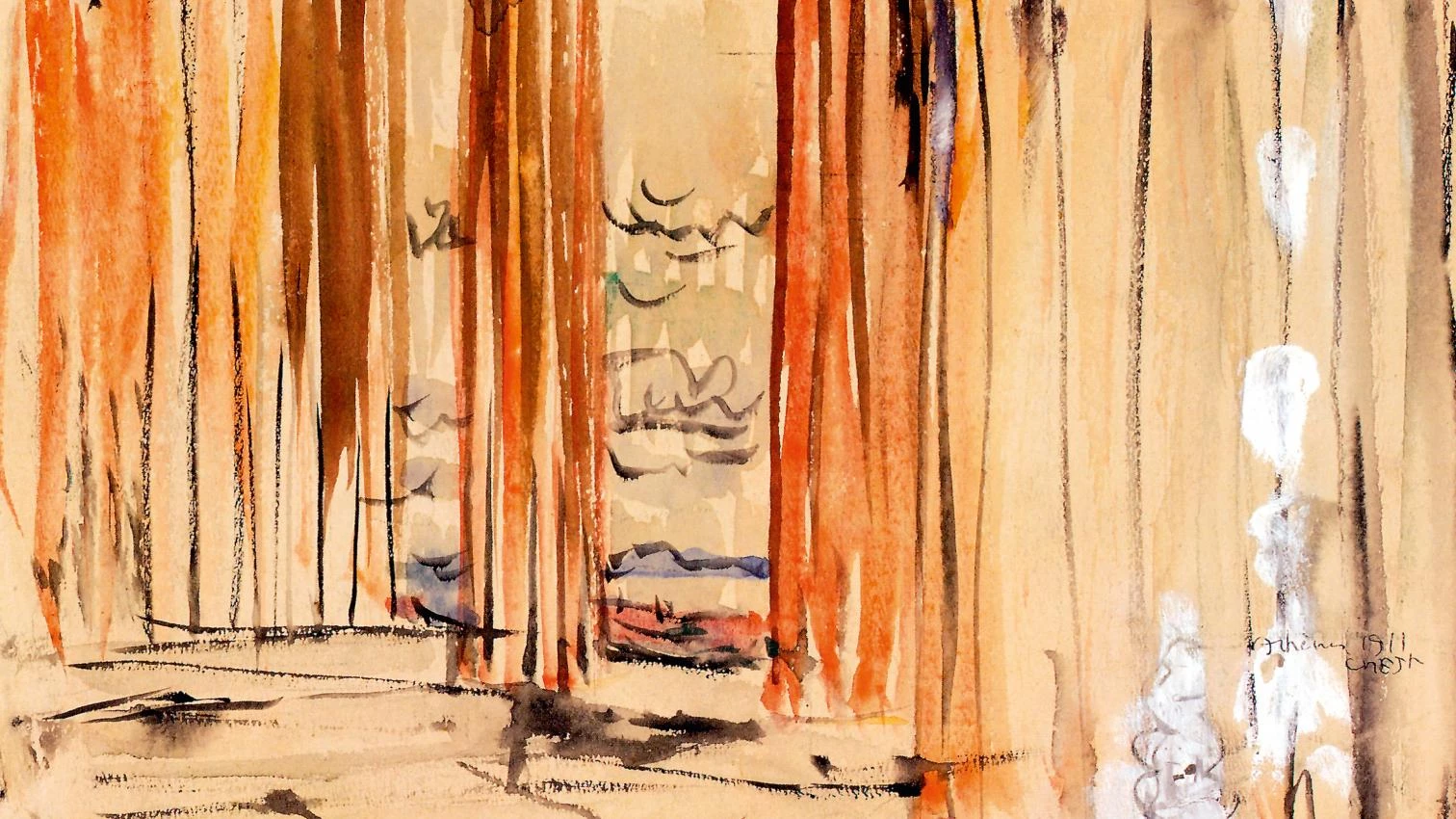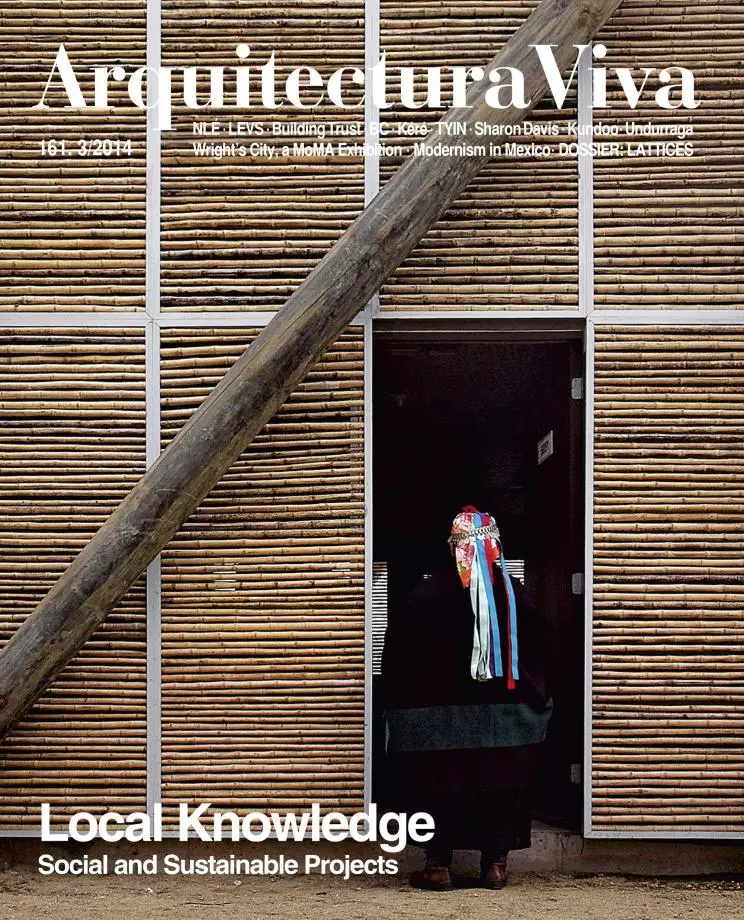
Many architects have distanced themselves from the global ‘show business’ scene to reestablish the dignity of their profession with a new vocabulary that reinterprets the diversity of vernacular architecture through an in-depth knowledge of the social, technological, and cultural contexts surrounding their projects.
Interest in the know-how of traditional societies is growing steadily amid the ruins left by the globalized crisis of the ‘system’. This is a phenomenon explained, on one hand, by the rich diversity of traditional cultures, and on the other hand by the ‘emotional’ component of works that set free the creative energy of their material authors, who are often the actual users. These are projects conceived as a means, not an end, with an approach that presents a new ethical and also aesthetic, besides typological and programmatic, dimension. The formal vocabulary of these projects rooted in the vernacular, and the way they interpret and update local know-how, attracts a young generation of architects, who in different latitudes and sociocultural contexts, and unbridled by formal or stylistic prejudices, are raising beautiful, intelligent, and efficient buildings while trying to address the real needs of people...





